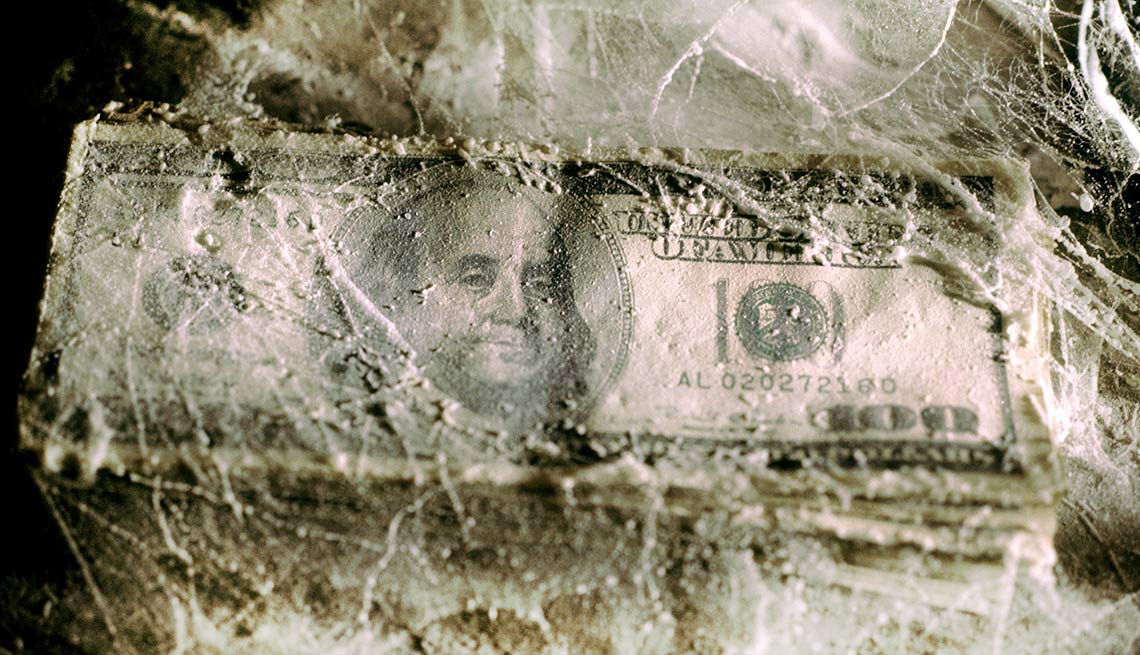Play all audios:
If you get a letter from your brokerage, mutual fund company or bank saying it hasn't heard from you in a while, don't ignore it. The financial institution might be trying to
prevent your investments from being turned over to your state government. States have become quicker to declare investments "abandoned" when owners lose touch with their financial
firm. Once investments are seized, states try to find the owners. If that fails, shares generally are sold and the proceeds used by the state until the owners – or their heirs – claim the
money. States held $41.7 billion in unclaimed financial assets such as bank accounts, uncashed paychecks and securities as of 2011. This may surprise many set-it-and-forget-it investors, who
ignore portfolios but count on the money being there for them later. When states sell securities, investors can lose years of dividends and capital appreciation. Aida Uybarreta, an analyst
with a New Jersey company that locates customers for institutions, had it happen in her family. Her nephew in 1995 received $500 worth of stock, which grew to $8,250 by the time he finished
college in 2014. He hoped to use that money to buy a car, but the family then discovered that the state of New Jersey had sold his shares eight years earlier for $900. "The most
important thing we learned as a family is that everyone needs to stay in contact with their financial institutions to avoid losing the value of your assets as we did," she says. State
laws regarding reimbursements vary. New York tries to make owners whole, giving them the current value of the sold securities plus any dividends or stock splits. New Jersey pays the proceeds
from the sale plus interest. In Indiana, any assets unclaimed after 25 years become the property of the state. Traditionally, investments were considered abandoned if mailed statements were
returned as undeliverable and owners couldn't be found. Since the 2008 financial crisis, several states have made it easier to claim your financial assets by adopting a new standard.
Assets now may be determined abandoned if the investor hasn't made contact with the institution for three or five years. States used to wait seven years. Industry groups say states
don't give enough time. "I have friends I haven't spoken to in four years, and they are still my friends," says Will Leahey, a vice president with the Securities Industry
and Financial Markets Association. Critics say cash-strapped states use unclaimed property to meet budget gaps. "It's a huge, huge revenue source for the states," says Tami
Salmon, associate general counsel with Investment Company Institute, which represents funds. California, for example, holds more than $8 billion in abandoned property, with unclaimed assets
now the state's fifth-largest revenue source.

